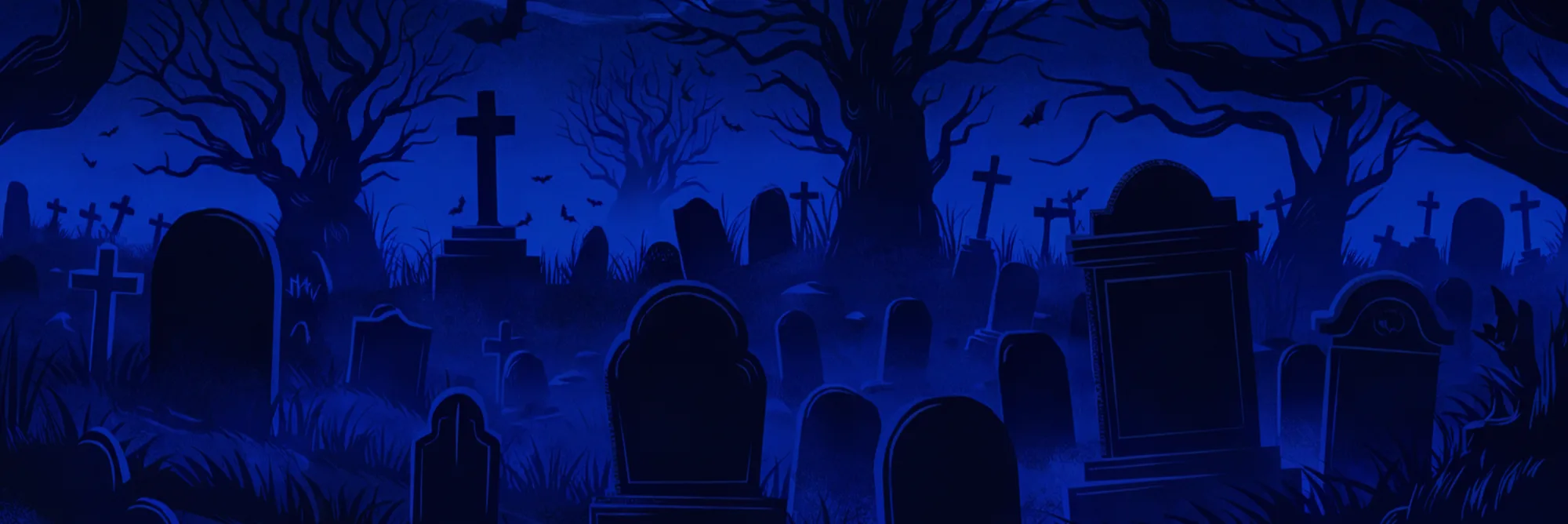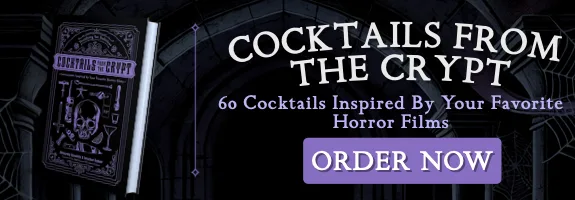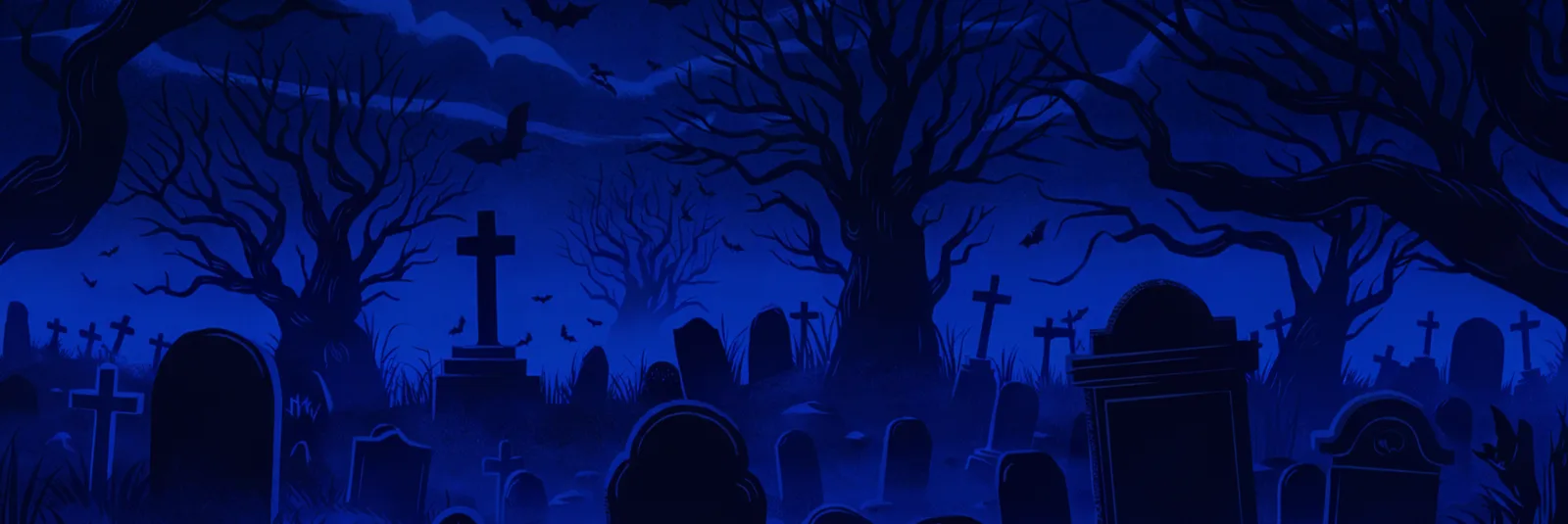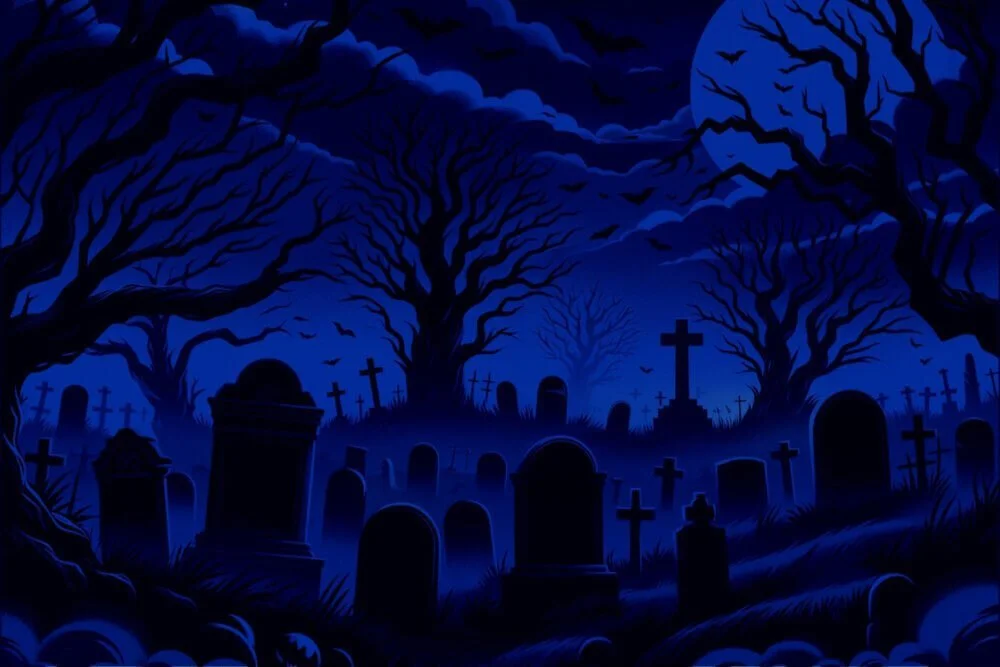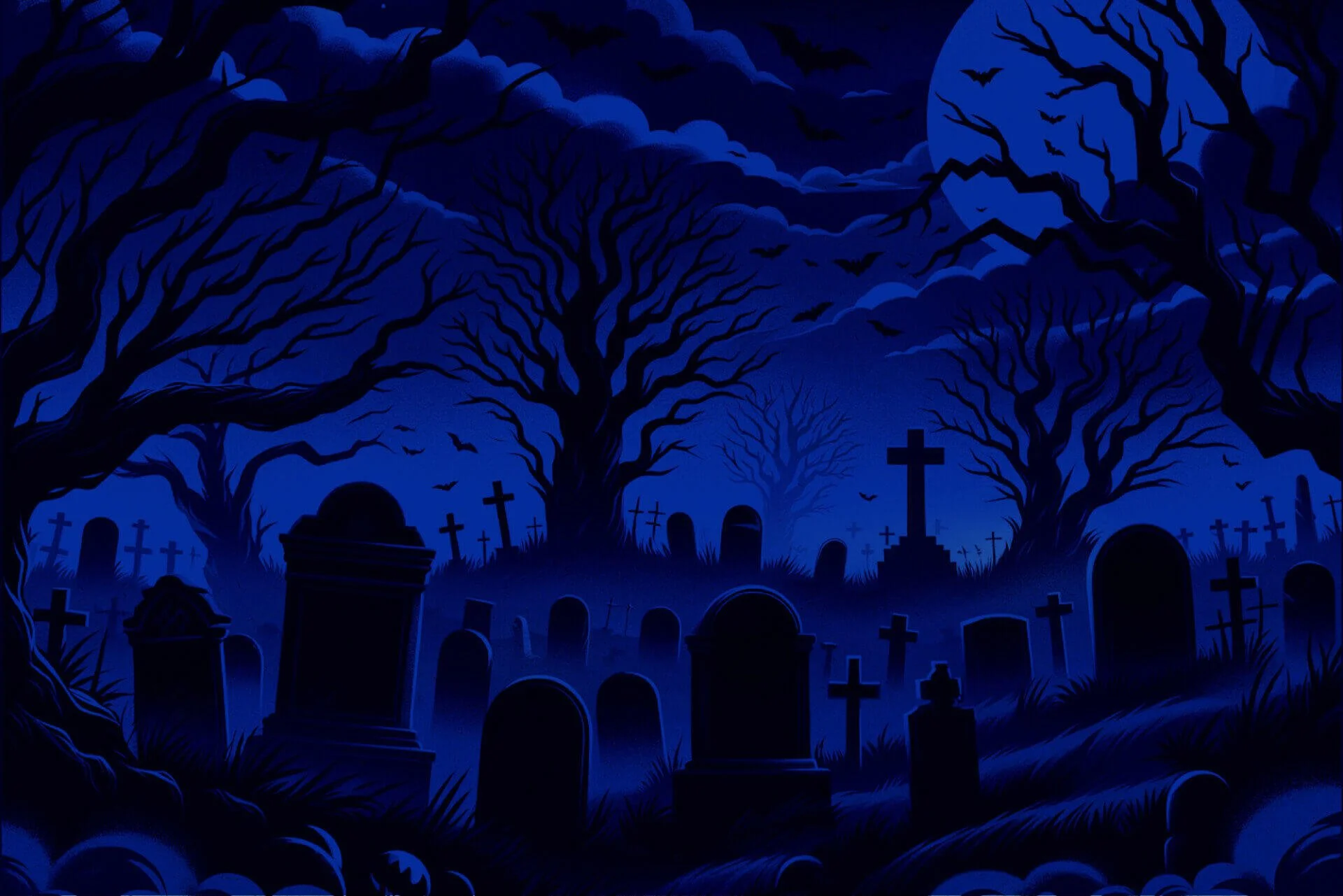The Overlook Film Festival takes scary very seriously, and it came as a small shock to attendees when the Jury Award for Scariest Feature went to the documentary Caniba. When jury members Peter Kuplowsky (TIFF Midnight Madness Programmer) and Toby Halbrooks (Director of A Ghost Story) presented the award, they explained that in deciding, the jury asked themselves what “scary” truly means.
Documentaries can effect you in a way that narrative fiction never will. When you get scared or emotional watching a movie it’s because what you’re seeing feels real. In documentary film, your subject is real life and there is no escaping that horror when the credits roll. Lucien Castaing-Taylor & Verena Paravel’s Caniba is a chilling examination of cannibalism as told through real-life cannibal Issei Sagawa and his (only slightly less unsettling) brother Jun Sagawa.
On June 11, 1981, Issei Sagawa shot and killed classmate Renee Hartevelt while studying in Paris, France. Over the next two days, Sagawa did many terrible things to Hartevelt’s corpse, including eating various parts of her body. He was discovered by French police while trying to dispose of Hartevelt’s body, but later found criminally insane and deported back to Japan after gaining a macabre semi-celebrity status. Long story short, Sagawa slipped through several loopholes and has never been punished for his crimes.
A 2011 interview with VICE goes pretty in-depth into Sagawa’s life and proclivities, most of which you will find absent in Caniba. Castaing-Taylor and Paravel leave all explanation of Sagawa’s story to unfold through Issei and his brother Jun’s own words. There is still plenty of time devoted to “Birth Of A Monster” and “The Night In Question” segments but considerably less than your standard doc-of-the-week format from Netflix and alike.
Instead, we sit with the two in an eerily intimate documentary comprised solely of close-up shots. This approach is brilliant and effective. Never before have you wanted to slink away from a screen more than when watching Caniba. To hear Sagawa discuss his desire to consume (and be consumed) is some of the most challenging cinema since Andrew Jarecki’s Capturing The Friedmans.
“[Caniba is] genuinely hard to watch but so very worth every uncomfortable moment.”
Possibly more unnerving than seeing crime scene photos or dramatic reenactments, Sagawa’s account of Renne Hartevelt’s murder is shot over panels of a manga he wrote and drew. We see his interpretation of the events with brutal honesty. An ugly truth that shines a light on the darkest recesses of a disturbed mind. With him is his brother Jun who, seeing these images for the first time, can’t bear to continue after a dozen or so pages. A disgust and a discomfort that turned NOFS editor KimmiKillZombie away in short order. I spent the rest of the film with a hand over my mouth, but I couldn’t look away.
Caniba is not for the faint of heart (clearly) but it’s not gory or gruesome. It’s not easy listening to a man describe the desires that drove him to commit some pretty haineous acts, and that those desires still exist in him today. I raised an eyebrow when Caniba was declared Scariest Feature, but that was before actually seeing film. It’s genuinely hard to watch but so very worth every uncomfortable moment.
We saw Caniba as part of the 2018 Overlook Film Festival in New Orleans, Louisiana. Stick around Nightmare on Film Street for even more festival coverage, and check out our Twitter andInstagram pages for highlights from the event.

